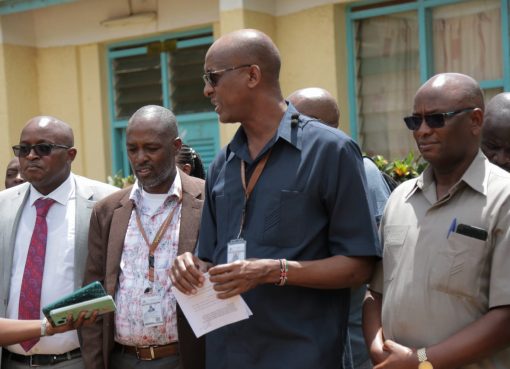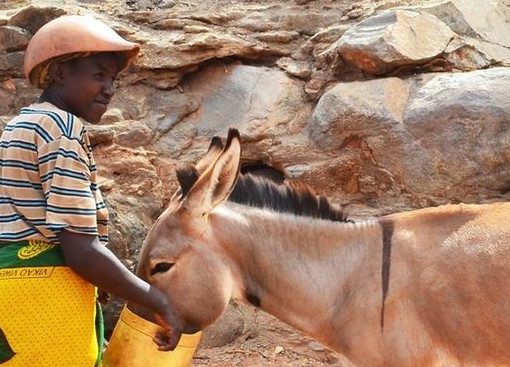Kitui county government has created a Sh117 million climate adaptation fund to address issues of solar and other renewable sources of energy in order to turn to green energy.
Speaking during the official opening of Kitui Stakeholders Workshop on Climate Change Policy and Bill at the Kitui County Minister for Environment, Energy and Mineral investments Development county executive John Makau said that all the sectors within the county government including ministries and programmes will have to mainstream climate change in all their activities.
Reiterating his government support to the climate change bill process, Makau noted that to date, the county has planted over 100,000 tree seedlings.
He identified temperature increases and reduced food production as major climate change impacts in the county and called on his people to think globally and act locally.
The fund will draw support from County Government of Kitui, Adaptation Consortium that is funded by the Department of International development of the UK Government, the Anglican Development Eastern Services, KEFRI and NEMA among others and will aid in reversing the adverse effects of climate change.
Speaking recently in Kyanika village in Nzambani Ward, Governor Charity Ngilu decried the wanton environmental destruction through sand harvesting and charcoal burning that has left the county exposed to prolonged droughts and resultant famine.
“Kitui’s forest cover today stands at 7 per cent way below the recommended minimum of 10 per cent,” she said.
Noting the resounding support the ban has attracted across the country and its adoption as a national policy, Ngilu said the county will be in the forefront in initiating programs that will ensure sustainable exploitation of natural resources, protect the environment and significantly reverse the effects of climate change.
She urged Kitui people to commit in tree planting and said her administration has allocated Sh117 million, one per cent of the county’s total budget, to support the fund with the Adaptation consortium contributing Sh85milion towards the same.
Ngilu said her government is constructing earth dams, sand dams, rock catchments and borehole rehabilitation to curb water scarcity in the county.
Caroline Ouko from Centre for Training and Integrated Research in Arid and Semi-Arid Lands Development (CETRAD) said farmers in ASAL areas should embrace dry land agriculture to cushion themselves from the effects of climate change and prolonged dry spell.
“Conservation agriculture will not answer the challenges posed by the drought. Farmers can now enjoy weather based index insurance for crop failure in a bid to build their resilience to mitigate climate change,’ said Ouko.
Dorcas Mutheu, the proprietor of Kithito Dairy Farm in Migwani, said livestock farmers most affected because they had to buy hay from far flung areas such Nakuru and Eldoret at exorbitant prices to feed their animals during the dry season.
She said that one of the key factors affecting livestock production has been the non-availability of capital for the operations of livestock producers and traders.
Mutheu noted that the most affected group by this limitation is the small-scale livestock producers and traders who did not have capital to buy feeds for their animals during the dry season.
“Currently, the small-scale livestock farmers are resource poor with no collateral to offer and therefore, cannot afford the cost of credit from the convectional financial institutions to buy feeds,” said the dairy farmer.
She said that given its performance and potential, the livestock industry should be considered as a necessary catalyst for increasing farmers’ incomes and contribution towards poverty alleviation in the country.
In this regard, Mutheu urged the national and county governments to set aside funding to insure the livestock sub-sector, which is capable of contributing significantly to the realization of national developmental goals.
By Yobesh Onwong’a
Monday, May 12, 2025



